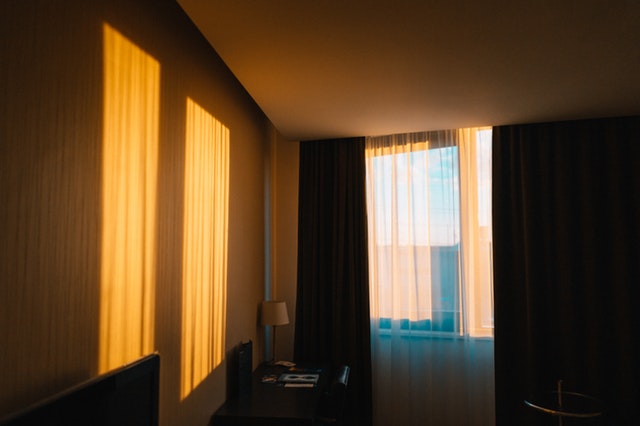When Should I Replace My Windows?
If you’ve ever asked yourself the question: when should I replace my windows? Then it’s important to note that there’s no precise answer. Nonetheless, if your windows are starting to decrease in performance or getting old, then you should have them replaced. Here are a few tips on when you should consider replacing your windows.

When Should I Replace My Windows?
This article acts as a guide to help you time your window replacement. The tips mentioned will help you to estimate when you should replace your windows.
Age
Like most things, windows have an expected useful life. Even professional installations and the highest quality brands eventually break down or weaken. Residential windows have an average lifespan of about 15 to 20 years. If you maintain your windows well enough and cover them accordingly with blinds, they may last beyond the 20-year mark, but that’s when you need to start thinking about having them replaced.
Signs You Should Replace Your Home Windows
Age is not the only indicator that’s it’s time to replace your windows. Here are some of the signs that you need to replace your windows or windows on your patio door:
- High energy bills: If your windows begin to fail, you’ll start to notice higher energy bills. And that’s a common sign that your windows are leaky and inefficient. Something to help this would be to get drapes or blinds.
- Drafts and other comfort problems: If you have old single-pane windows, you’re likely to experience uncomfortable drafts. However, even newer windows can develop broken seals and air leaks, resulting in home comfort problems.
- Rotted or warped window frames: Wooden windows are especially susceptible to rotting and warping, which can result in flooding, air leaks and eventually complete window failure.
- Difficulty closing or opening windows: Over time, single- and double-hung windows will often become difficult to operate. The foundation settles, or the windows become unbalanced, causing the window to either fall close too easily or become jammed.
- Condensation between the panes: If you have double-pane windows, condensation between the panes is an indication of a broken seal, allowing moisture to get between the panes. As a result, the window becomes inefficient, so you should have it replaced.
Benefits of Replacing Your Residential Windows
Opting to replace your windows is a decision you must make carefully. Purchasing and installing windows requires an upfront investment. As long as you plan and replace your windows at the right time, you’ll benefit substantially from your new residential windows. Expect to benefit from:
- Added value and curb appeal
- Improved energy efficiency
- Increased security and safety
- Enhanced home comfort and ability to keep the heat out
The secret to timing your replacement correctly is to consider the age of the windows and any problems you’re experiencing.
Bottom Line
So, when should I replace my windows? The short answer is that you should carry out a cost-benefit analysis. Don’t try to prolong the life of malfunctioning or damaged windows when there are plenty of benefits from having them replaced. Plus, choosing newer windows have advanced designs that help to keep your home more comfortable and you can expect to recoup your investment in increased home value should you choose to put your home on the market.
